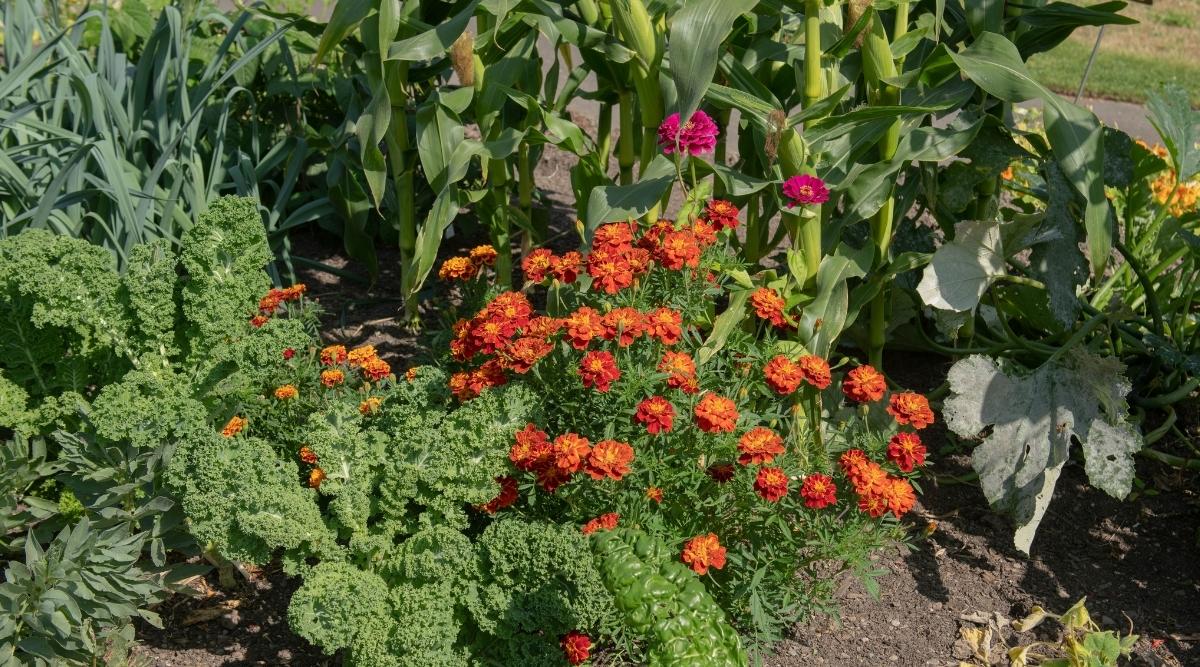
Don't forget the leaves
Traditional methods of removing leaves from your yard include blowing or raking them into piles. The leaves are then bagged up and taken to a landfill. This method is wasteful and also depletes the garden of nutrients. It also destroys valuable habitats for local wildlife. Instead, let your leaves naturally decompose. This can save you energy, time and money on mulch. Plus, you'll save on natural fertilizer.

In autumn, it is essential to remove leaves from your lawn. It's particularly important in areas with lots of fall foliage. Muddy leaves can pose a risk to motorcyclists. To prevent these problems, consider removing leaves from your yard at least once or twice before the snow begins to fall. Depending on the size and complexity of your yard, this task could take between one and three hours.
Leaf removal can also be fun. You can play with your kids while raking leaves. Have a contest to see who can rake most leaves. Challenge them to put the leaves in an order before they are thrown away. It is likely that your children will enjoy this activity and will have a lot of fun. If you live in a rural area, there may not be any leaf pickup services in your area. If you live within a municipality, it may be worth taking the time to inquire about leaf pickup services.
While raking leaves, be sure to protect your hips as well as your back. Keep your knees bent at all times during leaf pick-up to prevent injury. Also, remember to apply sunscreen regularly and take breaks. To ensure greater stability, make sure you use a secured ladder and not overextend your body while you're high above the leaves. Avoid using hand tools to rake leaves.

Leaf blowers are a great way to get rid of leaves in your yard. Leaf blowers are extremely handy tools for leaf extraction and make the job quick. For rainy days, you can also use the tarp as a cover. You can also cover your garden using a leaf tarp, or a piece paper to catch the fallen leaves.
When removing leaves from your yard, you're also eliminating a source of crucial nutrients for your lawn. It is not only unattractive, but also reduces the amount water that your lawn can absorb. Mold and fungi can even cause respiratory problems and dizziness. Even decomposing leaf material can cause you to inhale toxic spores. You might have a lawn that isn't as healthy as you would like.
FAQ
What is your favorite vegetable garden layout?
The location of your home will dictate the layout of your vegetable garden. For easy harvesting, you can plant vegetables together if the area is large. If you live in rural areas, space your plants to maximize yield.
How long can I keep an indoor plant alive?
Indoor plants can survive for several years. To promote new growth, it is essential to repot your indoor plants every few month. Repotting is simple. Remove the old soil and place fresh compost.
How do you prepare the soil?
It is simple to prepare soil for your vegetable garden. First, get rid of all weeds. You can then add organic matter, such as composted cow manure, leaves and grass clippings. Water well, and wait for the plants to sprout.
Statistics
- According to a survey from the National Gardening Association, upward of 18 million novice gardeners have picked up a shovel since 2020. (wsj.com)
- As the price of fruit and vegetables is expected to rise by 8% after Brexit, the idea of growing your own is now better than ever. (countryliving.com)
- According to the National Gardening Association, the average family with a garden spends $70 on their crops—but they grow an estimated $600 worth of veggies! - blog.nationwide.com
- Today, 80 percent of all corn grown in North America is from GMO seed that is planted and sprayed with Roundup. - parkseed.com
External Links
How To
How do I keep weeds from my vegetable garden?
The biggest threat to the growth of healthy vegetables is weeds. They can compete for water and nutrients, sunlight, space, and other resources. These tips will help you prevent them taking over your garden.
-
When they flower, take all the plants with you
-
Clean up any plant debris at the base
-
Mulch
-
Water regularly
-
Rotate crops
-
Do not allow the grass to grow.
-
Keep soil moist
-
Plant early
-
Harvest often
-
Make compost
-
Avoid using chemical pesticides
-
Plant organic vegetables
-
Get heirloom seeds
-
Start small
-
Learn more about companion planting
-
Be patient
-
Enjoy gardening!